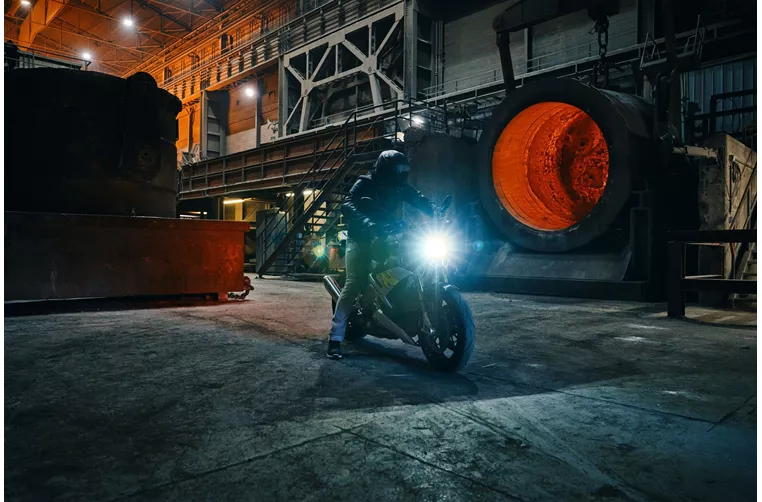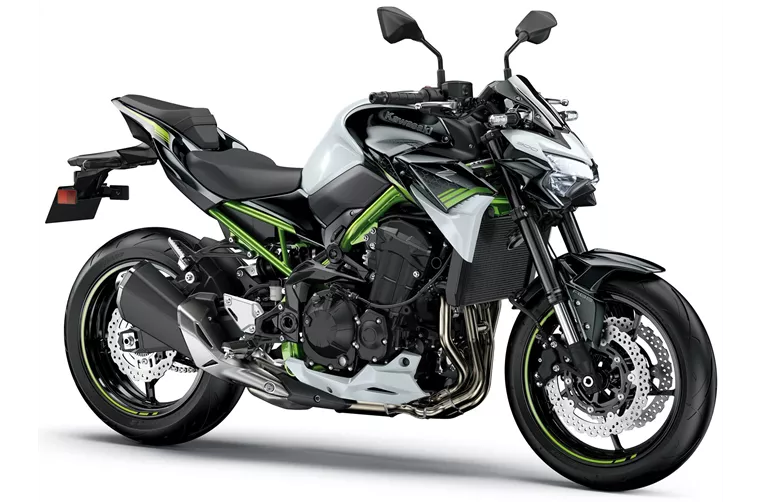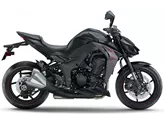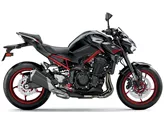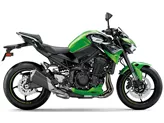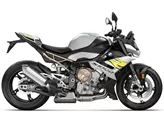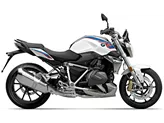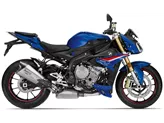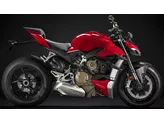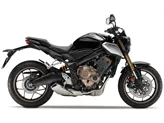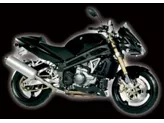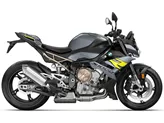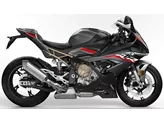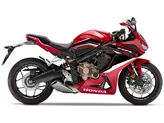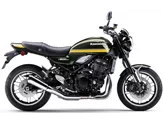BMW S 1000 R 2021 vs. Kawasaki Z900 2020
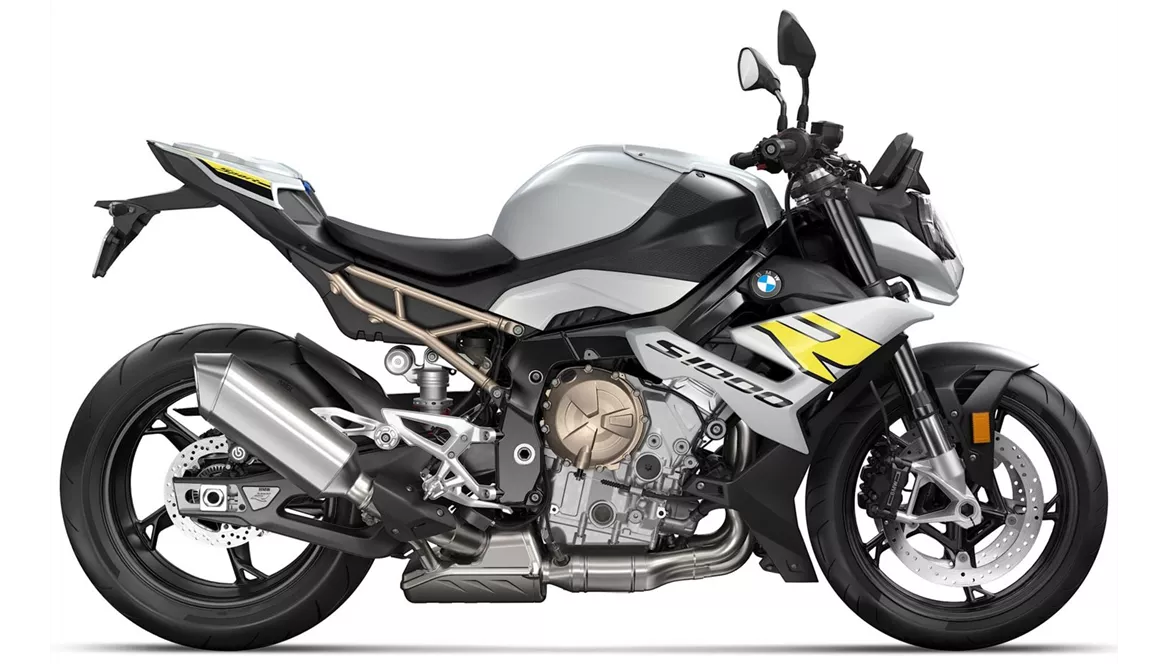
BMW S 1000 R 2021
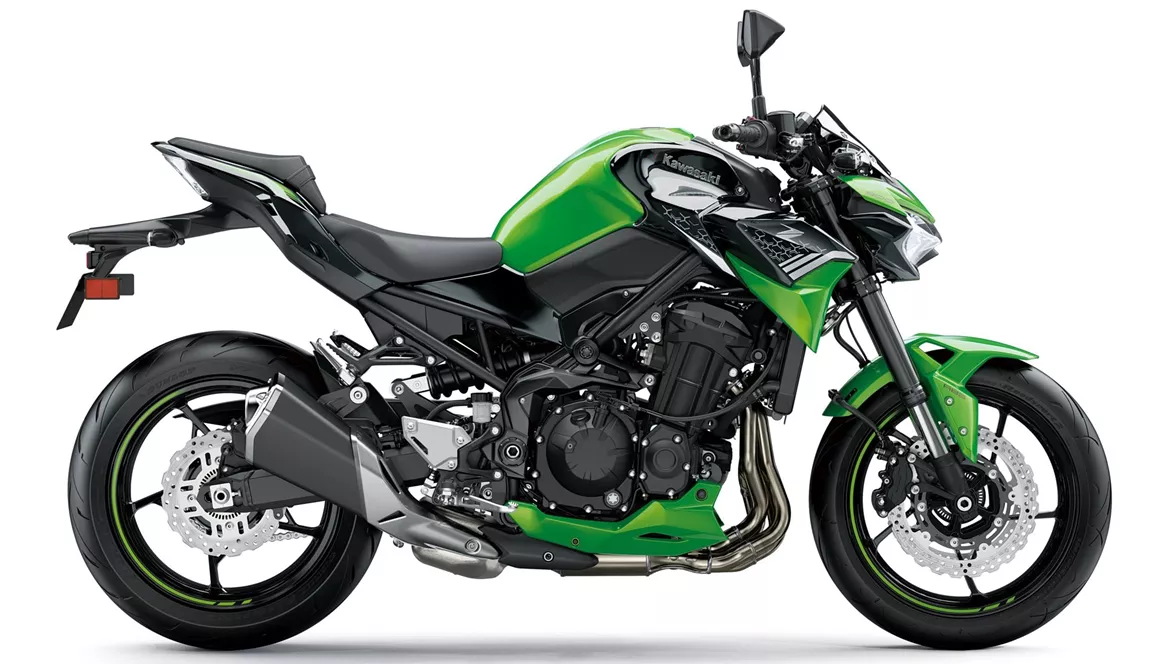
Kawasaki Z900 2020
Overview - BMW S 1000 R 2021 vs Kawasaki Z900 2020
The BMW S 1000 R 2021 and the Kawasaki Z900 2020 are both naked bikes with similar engine types, in-line four-cylinders, and liquid cooling systems. However, there are several notable differences between the two models.
In terms of engine power, the BMW S 1000 R 2021 comes out on top with 165 HP, while the Kawasaki Z900 2020 falls slightly behind with 125.4 HP. This gives the BMW an advantage in terms of acceleration and top speed.
When it comes to torque, the BMW also has the upper hand with 114 Nm compared to the Kawasaki's 98.6 Nm. This means that the BMW will have better low-end power and acceleration.
Both bikes feature fuel injection systems and have four cylinders, ensuring smooth and efficient power delivery. The BMW has a slightly larger displacement at 999 ccm, while the Kawasaki has a displacement of 948 ccm.
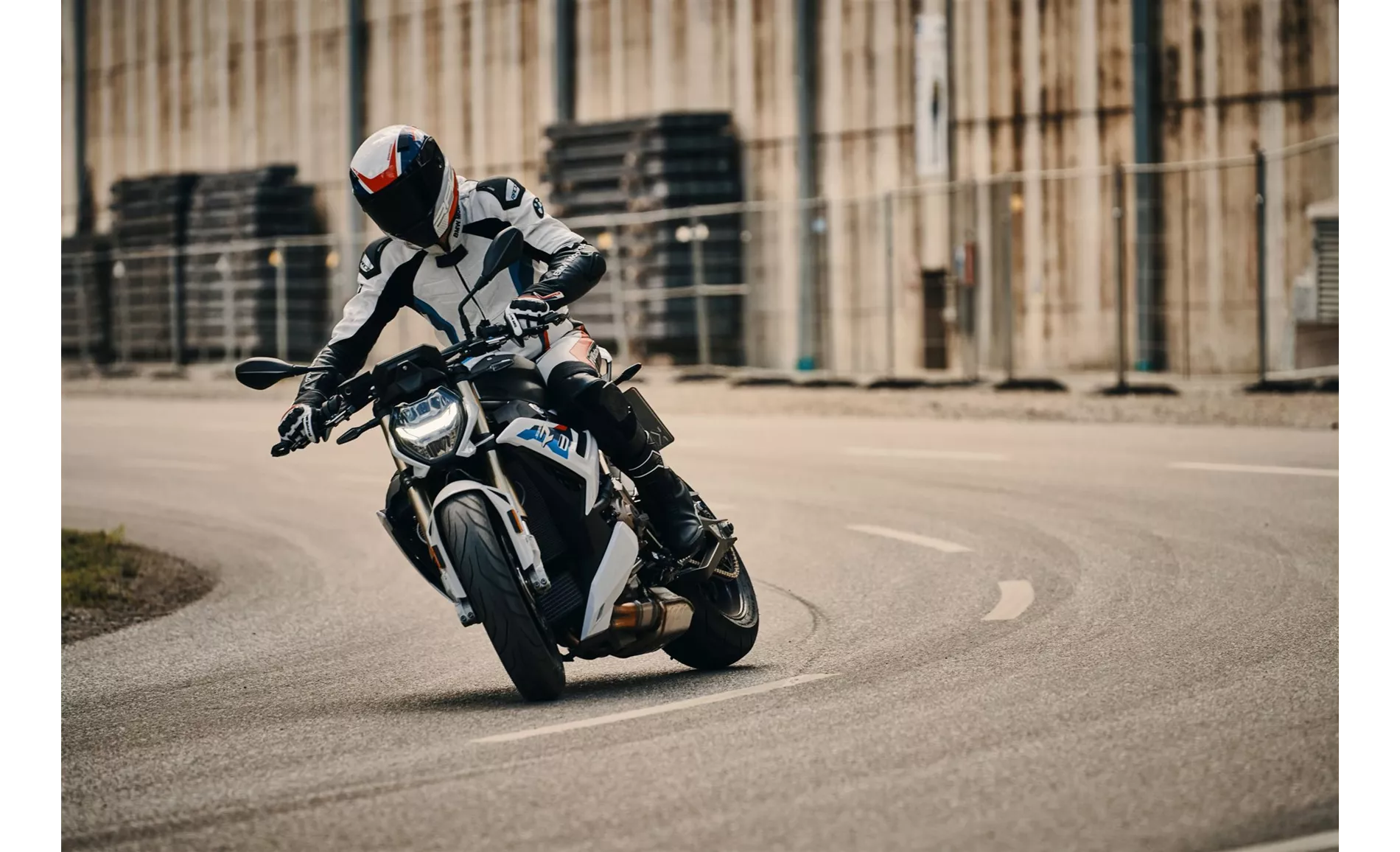
BMW S 1000 R 2021
In terms of suspension, both bikes feature upside-down telescopic forks at the front and swing arm suspensions at the rear. However, the BMW offers more adjustability with compression, preload, and rebound adjustments for both the front and rear suspension. The Kawasaki only offers preload and rebound adjustments for its suspension.
When it comes to the chassis, the BMW features an aluminum frame with a twin tube design, which provides a good balance between rigidity and weight. On the other hand, the Kawasaki has a steel frame with a double cradle design, which may not be as lightweight as the aluminum frame but still offers good stability.
In terms of braking, both bikes feature double disc brakes at the front with four-piston calipers. However, the BMW has larger diameter discs at 320 mm compared to the Kawasaki's 300 mm. The BMW also utilizes radial technology for its brakes, which provides better braking performance and feel.
In terms of rider assistance systems, both bikes feature ABS and traction control. However, the BMW offers more advanced rider assistance systems such as hill start assist, riding modes, cornering ABS, ride by wire, and anti-wheelie control. The Kawasaki only offers riding modes and ride by wire.
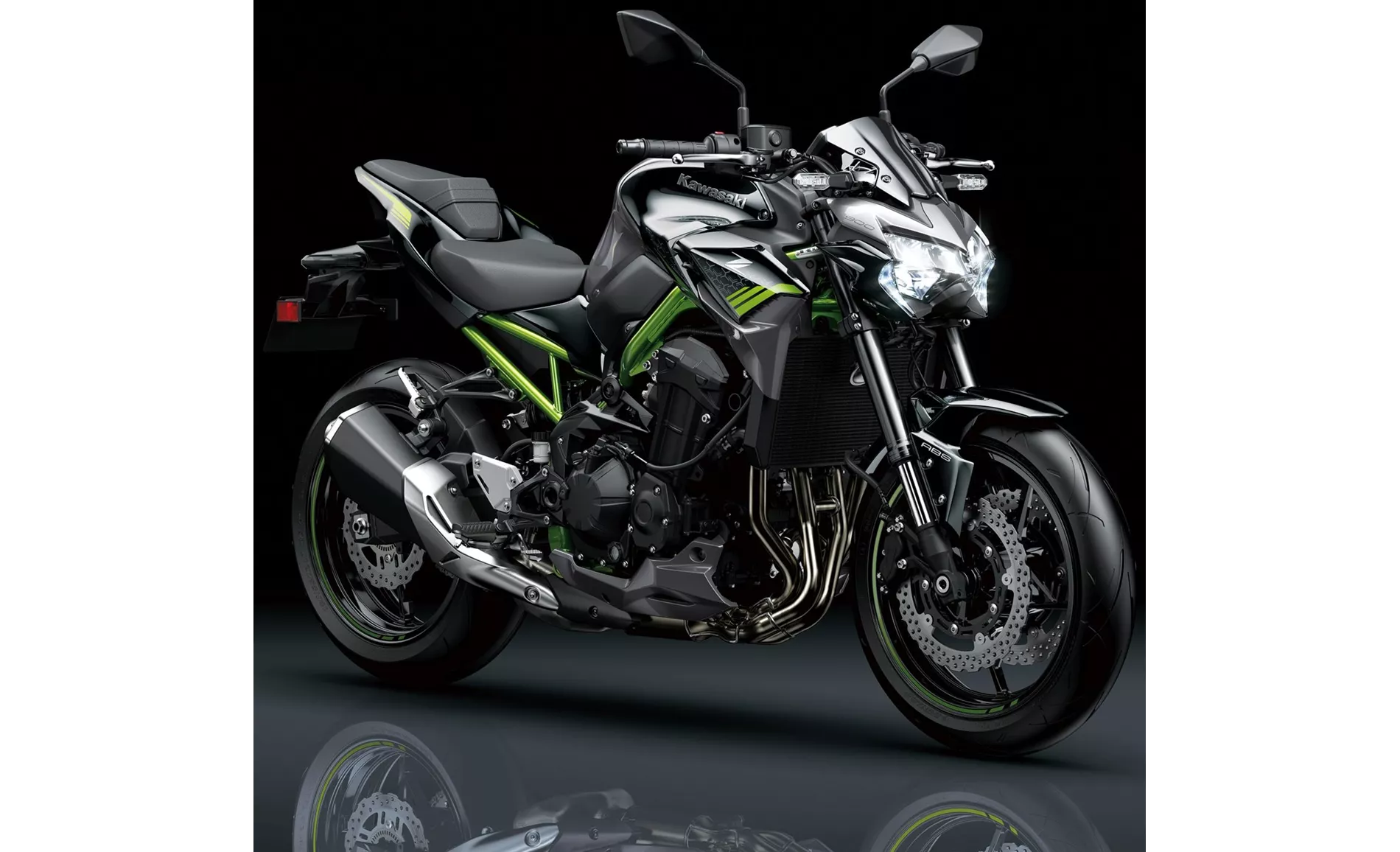
Kawasaki Z900 2020
In terms of dimensions and weights, both bikes have similar front and rear tire widths and diameters. They also share the same wheelbase at 1450 mm. However, the BMW has a slightly higher seat height at 830 mm compared to the Kawasaki's 795 mm. The BMW is also lighter with a kerb weight of 199 kg, while the Kawasaki weighs 210 kg.
In terms of strengths, the BMW S 1000 R 2021 is praised for its powerful engine, good brakes, comfortable ergonomics, and high-performance optional extras. It is also considered a great all-rounder. On the other hand, the Kawasaki Z900 2020 is praised for its powerful four-cylinder engine, great handling, good equipment, aggressive looks, and value for money.
In terms of weaknesses, the BMW S 1000 R 2021 is criticized for its quickshifter not being perfect and its sound being somewhat intrusive. It also experiences vibrations in the handlebars. The Kawasaki Z900 2020 is criticized for its somewhat tiring menu navigation and the absence of a quickshifter option.
Overall, the BMW S 1000 R 2021 offers a more powerful and technologically advanced package, making it a top choice for riders seeking high performance and advanced features. However, the Kawasaki Z900 2020 provides good value for money and a strong overall package with its powerful engine and great handling.
Technical Specifications BMW S 1000 R 2021 compared to Kawasaki Z900 2020
Pros and Cons in comparison
Pros and Cons in comparison
BMW S 1000 R 2021
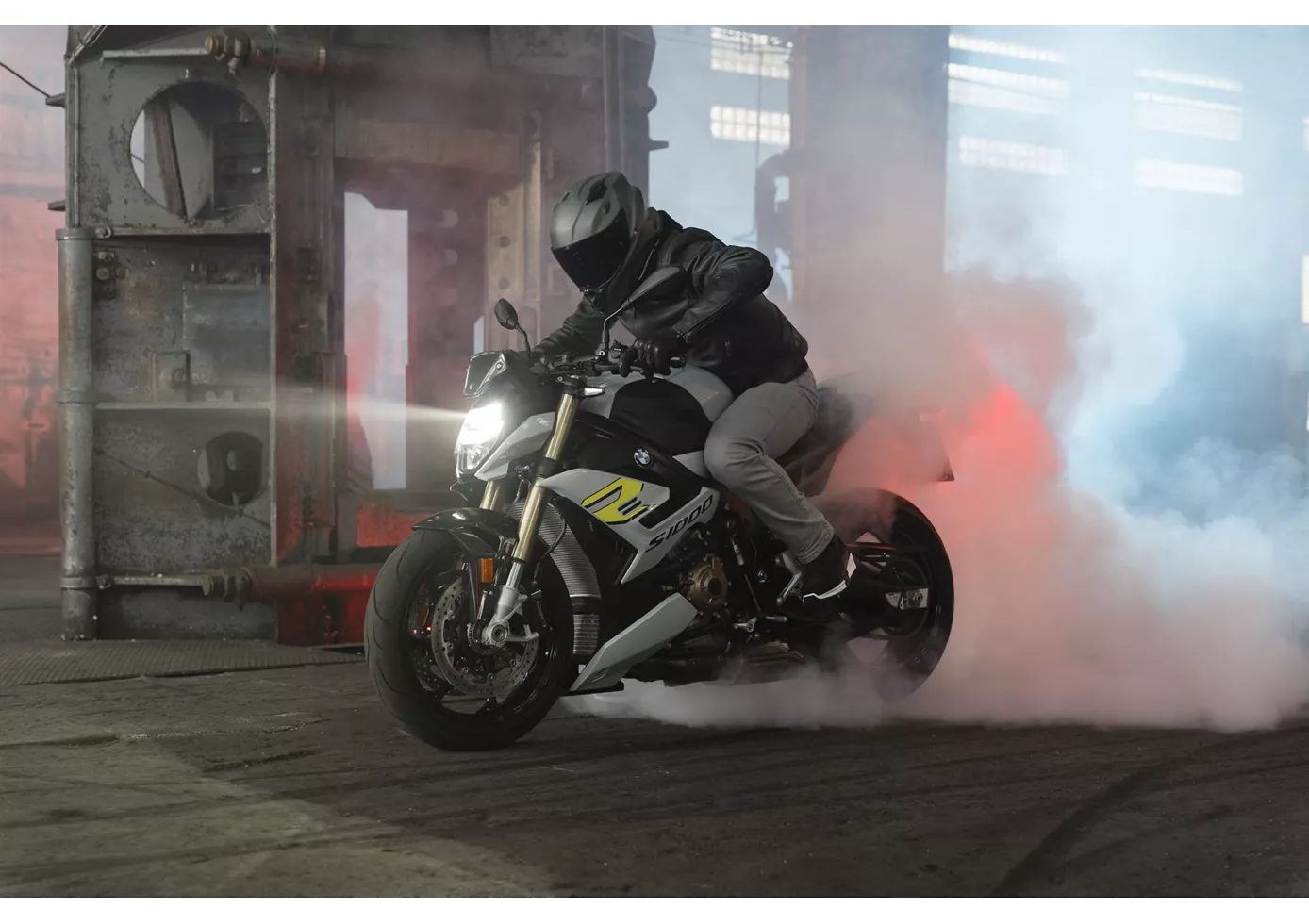
It's really impressive how BMW always manages to make good motorbikes even better. The sporty S 1000 R with M package and carbon rims looks a bit threatening at first. But even in 2021, the S 1000 R serves up high-tech and performance in a grandiose, usable dosage. The machine rides precisely, handles well but is not tippy. The engine fires out of the corners, but does not overtax. A damn fast motorbike!
Kawasaki Z900 2020
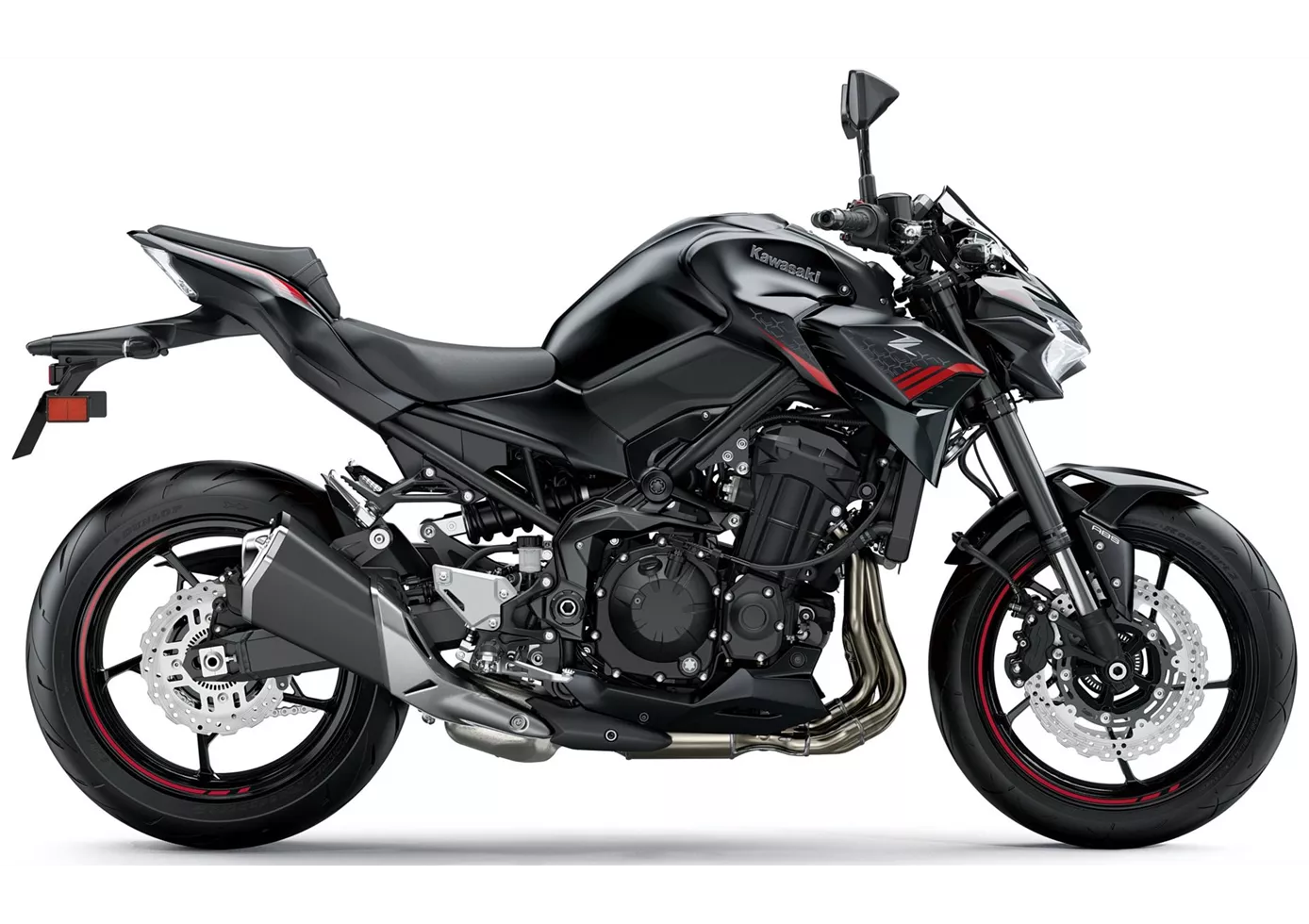
In terms of price-performance, the Kawasaki Z900 is hard to beat at the moment. With the perfectly tuned engine, the high-quality chassis components and the electronics added for 2020, this naked bike offers everything that sporty riders will be looking for. There is really nothing to complain about, even if the option of a quickshifter would have been a nice extra. Apart from that: great shot, Kawasaki!
Price Comparison Avarage Market Price BMW S 1000 R vs Kawasaki Z900
There are a few key differences between a BMW S 1000 R 2021 and a Kawasaki Z900 2020. In terms of price, the actual average price of a BMW S 1000 R 2021 is about 89% higher. Compared to Kawasaki Z900 2020 there are less BMW S 1000 R 2021 bikes available on the 1000PS.de Marketplace, specifically 15 compared to 34. It takes less time to sell a BMW S 1000 R with 67 days compared to 124 days for a Kawasaki Z900. Since model year 2014 1000PS.de editors have written 62 reviews for the BMW S 1000 R and 46 reviews for the Kawasaki Z900 since model year 2017. The first review for the BMW S 1000 R was published on 11/3/2013 and now has more than 17,300 views. This compares to more than 93,200 views for the first review on Kawasaki Z900 published on 11/11/2016.
